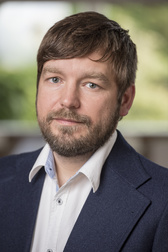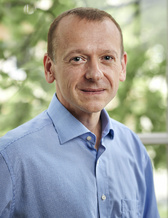Forced migration and the treatment of refugees and other displaced people currently find themselves at the center of many political, social, and academic debates. Yet forced migration is neither limited to certain regions nor to present-day developments. It is, indeed, a global phenomenon that has shaped humankind since time immemorial. Risks such as violent conflicts and wars, persecution, discrimination, poverty, as well as changes in climate and environment can all prompt people to leave their places of origin.
While forced migration has been a subject of research in Anglo-Saxon scholarship since the 1980s, the attention paid thereto has recently seen significant increase in a number of specific European academic landscapes. African, Asian, Australian, and Latin American research has also seen a proliferation of such inquiries. Thus far, however, the approaches taken have been fragmented and there remain various thematic gaps, methodological deficits, and limited broader geographic connections. Hence there is a need to strengthen this core research and further expand the horizons of the interdisciplinary field of Forced Migration Studies going forward.
For the Gerda Henkel Foundation this marks an opportunity to commence its special programme on “Forced migration” and therewith build on the promising approaches and developments of global research but also respond to the existing desiderata in related scholarship. The special programme aims to support, in particular, internationally oriented, multidimensional research projects on forced migration that address questions receiving insufficient attention in the relevant debates thus far. This also involves further linking theoretical core research with concepts vital to social, humanitarian, and political praxis.
The Foundation welcomes research projects that adopt multidisciplinary approaches within this framework. Engaging in comparisons across regions and time periods should also be a priority here. Projects that incorporate intersectional perspectives and issues are highly desirable too. Depending on the research approach taken and possibilities at hand, cooperation with local knowledge-producers (researchers as well as civil society actors), or people affected by displacement within countries of origin or asylum (particularly in the “Global South”), is strongly encouraged.
The Foundation expects applicants to reflect on the ethical implications of their work, and also to develop plans to disseminate research results—including finding meaningful ways to address social, humanitarian, and/or political actors, as well as the nonspecialist public media and populace at large.
The special programme is aimed at researchers across a number of disciplines: Humanities, Social Sciences, Cultural Studies, Law, and Economics. Funding for research scholarships and for the implementation of research projects is offered. PhD scholarships are only granted in tandem with a specific research project.
The Foundation's Board of Trustees decides on the applications on the basis of recommendation by an International Advisory Committee.
International Advisory Committee
Prof. Dr. Andreas Eckert | Berlin (Office rests until further notice.)
Prof. Dr. Tamirace Fakhoury | Copenhagen
Prof. Dr. Maja Janmyr | Oslo
Prof. Dr. Ulrike Krause | Osnabrueck
Prof. Dr. Naohiko Omata | Oxford





